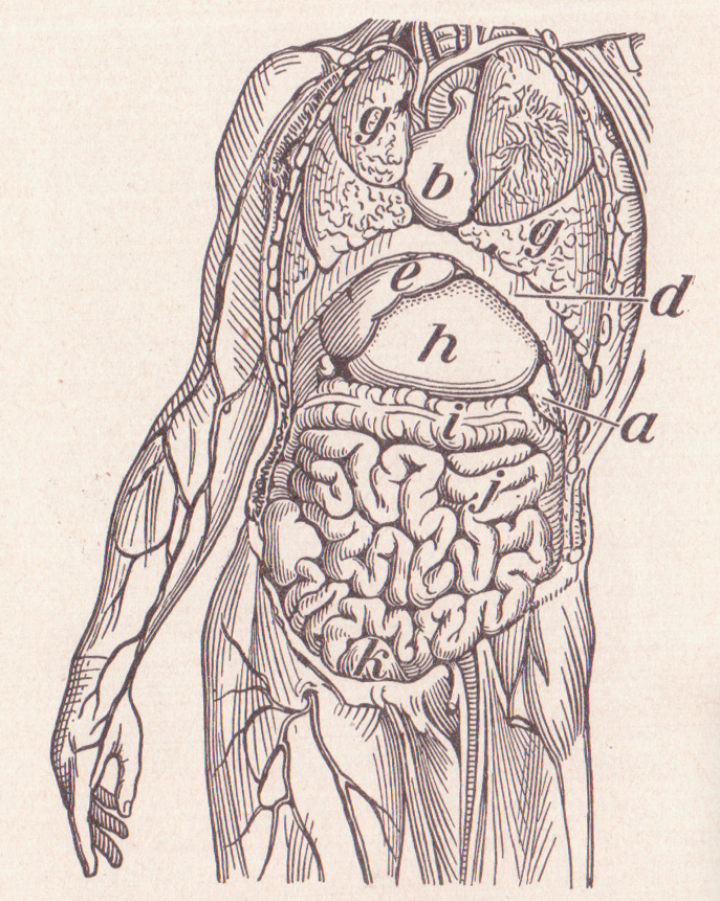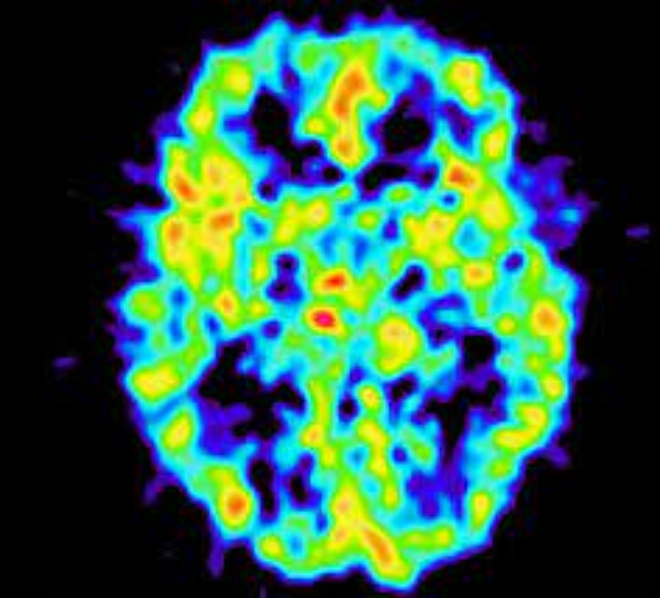|
Name: tetrahydrogestrinone (13-beta,17-alpha-diethyl-17-beta-hydroxygon-4,9,11-trien-3-one)
Type: Androgenic steroid
AKA: THG

|
|
II. Natural Derivative
Synthetic substance, no natural derivative
 |
|
III. Chemical Profile (IUPAC name)

|
|
IV. History
Tetrahydrogestrinone, a synthetic anabolic steroid, was first developed in the early 2000s. It was designed to enhance muscle growth and athletic performance while minimizing side effects. The compound's introduction was part of ongoing research into anabolic steroids and their effects. Its use has been associated with significant health risks and has led to regulatory actions to control its distribution and prevent abuse in sports and bodybuilding.

|
|
V. Legal Information
Tetrahydrogestrinone is a synthetic anabolic steroid banned in competitive sports due to its performance-enhancing effects. It is controlled under various drug laws, including the United States, where it is regulated to prevent misuse and protect public health. [Source: UNODC].
US Federal Schedule - III
Schedule III drugs, substances, or chemicals are defined as drugs with a moderate to low potential for physical and psychological dependence. Schedule III drugs abuse potential is less than Schedule I and Schedule II drugs but more than Schedule IV. Some examples of Schedule III drugs are: products containing less than 90 milligrams of codeine per dosage unit (Tylenol with codeine), ketamine, anabolic steroids, testosterone.
Key US Federal Policies:
Controlled Substances Act. Public Law: Public Law 91-513 (text can be found on GovInfo) (https://www.dea.gov/drug-information/csa). Date enacted: October 27, 1970.
|
|
VI. Physical Effects
Tetrahydrogestrinone is an anabolic steroid with muscle-enhancing effects. It increases muscle mass and strength but can cause hormonal imbalances, cardiovascular issues, and liver damage. Short-term use may improve athletic performance, but long-term use poses significant health risks. Overdose risks include severe hormonal disturbances and cardiovascular problems. Safe use involves medical supervision and adherence to recommended doses. Recent research focuses on its muscle-enhancing effects and potential health risks.  |
|
VII. Psychological Effects
Tetrahydrogestrinone, an anabolic steroid, affects mood and aggression through androgen receptors. Immediate effects include mood enhancement and increased aggression, with long-term use potentially leading to psychological issues such as depression and cognitive impairments. Research indicates risks of significant mood disturbances and mental health issues with chronic use.
 |
|
VIII. Culture
Tetrahydrogestrinone (THG) is an anabolic steroid with no historical or cultural lore but became notorious in the early 21st century for its role in sports doping scandals, notably the BALCO scandal. Proponents of performance enhancement emphasize its muscle-building properties, while opponents warn of health risks and ethical concerns. Its cultural significance lies in ongoing debates about doping in sports, regulation, and the impact on athletic integrity and health.
 |
